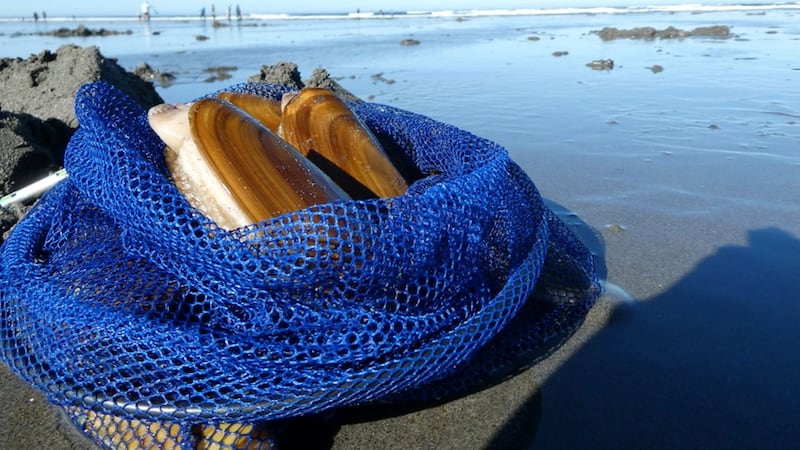SEATTLE — “The vegetables give them life, the vegetables give them hope.” That’s what Thyda Chhom of Khmer Community of Seattle-King County tells us.
She is speaking about the Seattle P-Patch garden that the local Khmer community has farmed for decades.
“Every time we say Khmer people always ask, ‘Who, what?’ Khmer is our identity and is the people, the culture, the food, and the language. Cambodian is our nationality.” She tells KIRO 7.
There are over 90 P-Patch gardens in Seattle. They’re cared for by community gardeners who grow food on about 15 acres.
Working with Seattle’s P-Patch program, the Khmer community maintains twenty-two plots at the High Point Juneau P-Patch in West Seattle— eleven for elder gardening and eleven for the elders to teach Khmer youth about growing vegetables and caring for the land.
It is a win-win for the community at High Point Juneau. The Khmer community stewards the garden, and during the harvest season, they organize a weekly produce market, providing fresh vegetables freely to the local neighborhood and bringing extra vegetables to the food bank.
The High Point Juneau site also serves a higher purpose for the Khmer community.
“Our Khmer community has been resettled here since the genocide, the Khmer Rouge genocide back in 1975 to 1979, and after that, many of us escaped as refugees,” Thyda says.
Oun Yeav is one of those refugees, the only one of her family to survive the genocide. For over thirty years, Oun has been the guiding force of the P-Patch, returning season after season to care for the garden.
“After the suffering and pain that they have gone through, coming to the garden is very therapeutic and healing. It’s like the garden is their confidant,” Thyda adds. “They can talk to it, and they can speak to the spirit that’s here. It just helps them heal and helps them to overcome many of life’s obstacles. The vegetables make them feel hope.”
©2025 Cox Media Group





